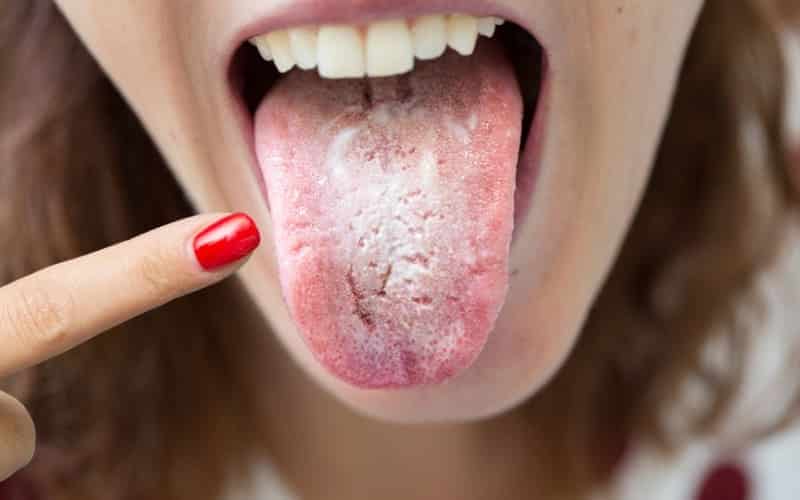The tongue plays a crucial role in oral health, serving as a sensory organ, aiding in speech, and assisting in the process of digestion. Beyond its visible appearance, the tongue can provide valuable clues about underlying health issues. Changes in color, texture, or sensation can indicate oral infections, nutritional deficiencies, or systemic diseases. Additionally, tongue coatings or ulcers may signal issues like dehydration, oral thrush, or even cancer. Regular examination of the tongue alongside dental check-ups can help detect and address potential health concerns early, contributing to overall oral well-being.
The Healthy Tongue
A healthy tongue typically exhibits a pinkish hue with small bumps called papillae. These papillae house taste buds, crucial for discerning flavors. Maintaining a clean tongue is vital for optimal taste perception and fresher breath. The tongue’s surface can harbor bacteria and food particles, leading to bad breath if not cleaned regularly. Proper oral hygiene, including tongue scraping or brushing, removes these accumulations, promoting better taste sensation and reducing halitosis. A healthy tongue not only enhances taste but also indicates overall oral well-being, reflecting proper hygiene and the potential absence of underlying health issues.
Signs and Symptoms on the Tongue
A. Discoloration:
– White coating: Potential causes include poor oral hygiene, dehydration, or oral thrush.
– Yellow coating: Possible reasons include digestive issues or smoking.
– Red tongue: May indicate vitamin deficiency or infection.
– Black tongue: Possible causes include poor hygiene, smoking, or certain medications.
B. Texture Changes:
– Smooth tongue: This may signify a vitamin deficiency or dehydration.
– Cracked tongue: Possible causes include dehydration or a deficiency in certain vitamins.
C. Bumps and Lesions:
It’s crucial to consult a dentist for any unusual bumps or sores on the tongue. These can indicate various issues, including infections, oral cancer, or allergic reactions. Early detection and proper diagnosis are essential for timely treatment and maintaining oral health.
Taking Care of Your Tongue
Taking care of your tongue involves simple yet effective practices:
1. Brushing or scraping the tongue gently: Incorporate tongue cleaning into your regular brushing routine. Use a toothbrush with soft bristles or a tongue scraper to gently remove bacteria, food particles, and dead cells from the tongue’s surface.
2. Maintaining good hydration: Drink an adequate amount of water throughout the day to prevent dehydration, which can contribute to dry mouth and potential tongue issues.
3. Practicing good oral hygiene habits: Brush your teeth at least twice a day and floss daily to remove plaque and food debris from your mouth, including the tongue. This helps prevent oral health problems such as bad breath, gum disease, and tooth decay.
By following these simple steps, you can maintain a healthy tongue and contribute to overall oral health and well-being.
Final Words!
In conclusion, the tongue serves as a vital indicator of oral health, reflecting potential issues such as dehydration, infections, or nutritional deficiencies. Regular dental checkups are essential for early detection and treatment of any tongue abnormalities. Don’t hesitate to discuss any concerns about your tongue with a dentist, as they can provide valuable insights and appropriate care. Remember, proactive oral care is key to maintaining a healthy mouth and overall well-being. Schedule your checkup with Dentist Oak Forest today for a confident smile tomorrow!

